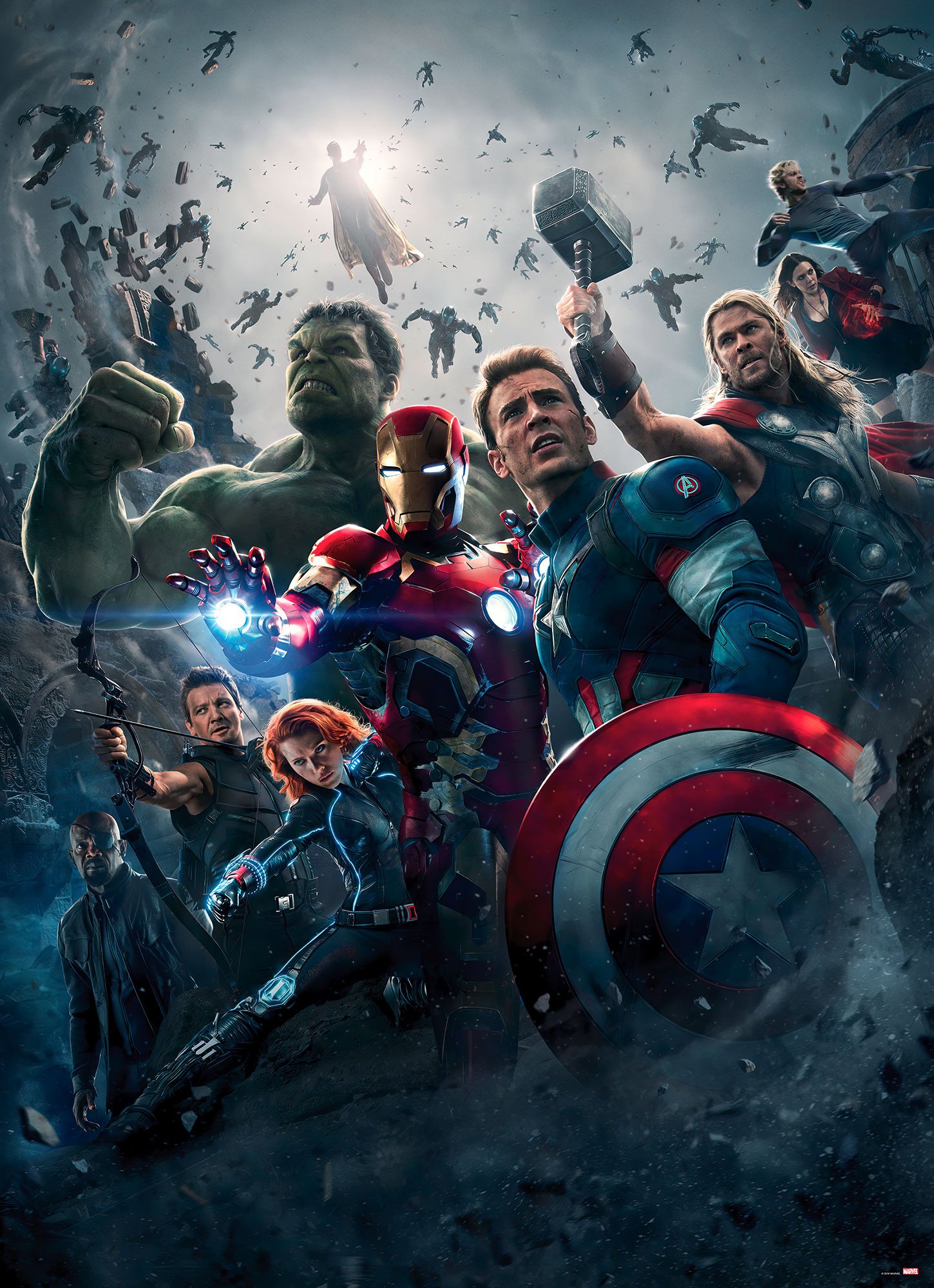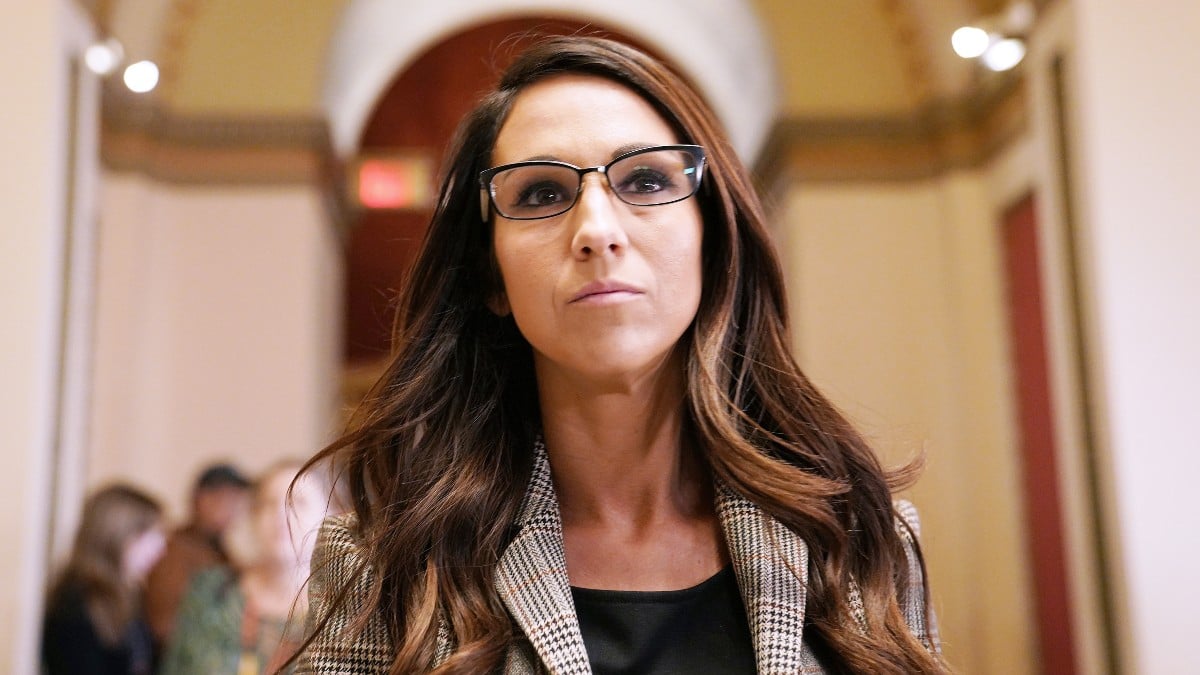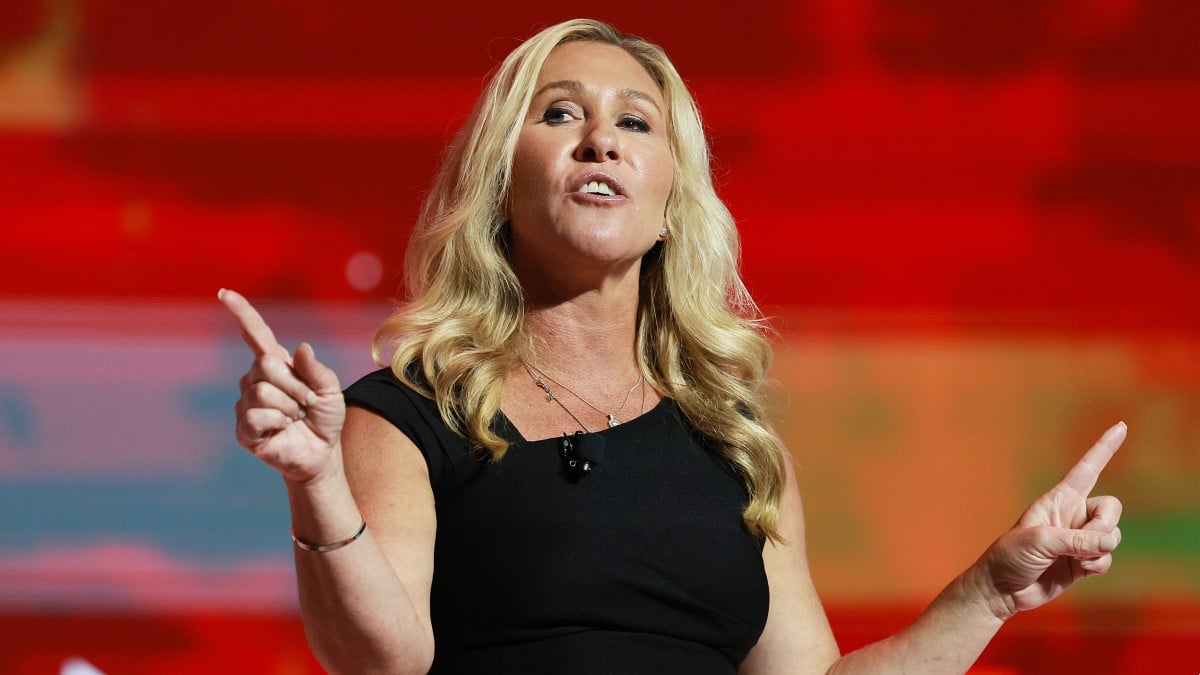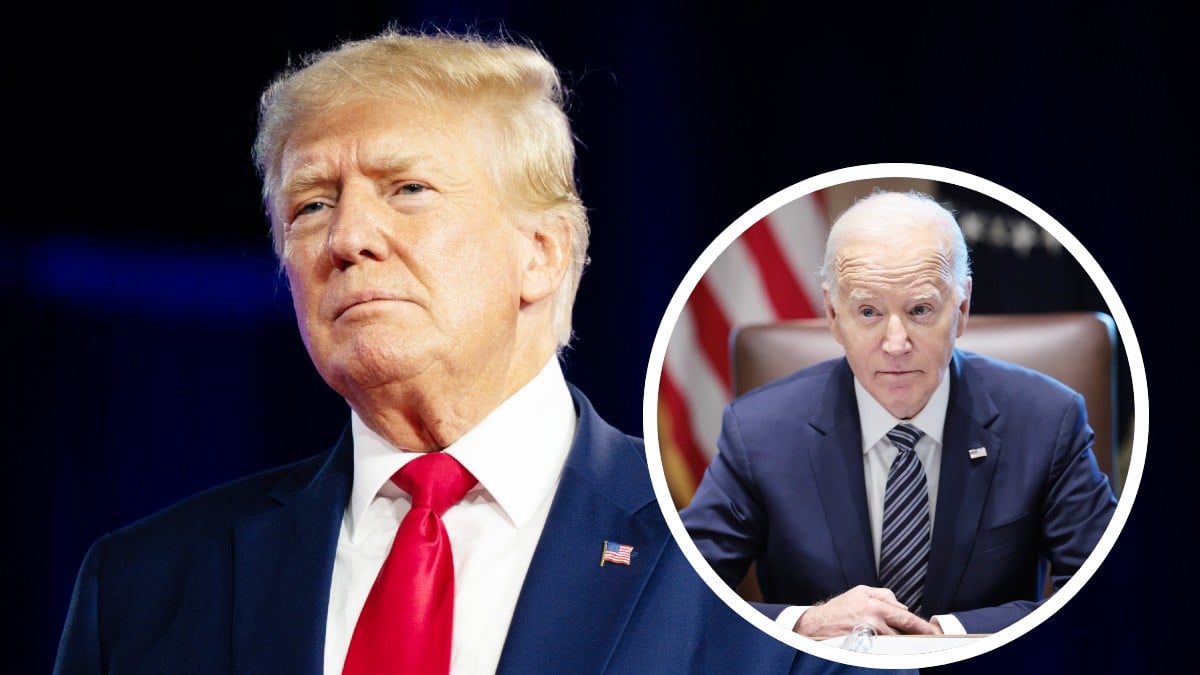Star Trek: Picard has gone boldly where no other Trek shows have gone before over its first season so far, delivering a sequel series to The Next Generation that has a very different tone and sensibility to its forebear. Many of the traditional tenets of the franchise have been cast aside to ensure Picard feels fresh and contemporary, and one of those is the use of log entries.
As fans will know, log entries – as read by an officer, typically the captain – have been a staple of Star Trek since the beginning, often being employed to open an episode or even to recap events after a time-jump or commercial break. After so many decades, they’re obviously something fans have come to expect from Trek. So, why isn’t Picard using them?
That’s what one fan asked showrunner Michael Chabon on his Instagram and the EP made it clear why. It turns out it comes down to Chabon’s personal distaste for the narrative device, believing that the voiceover doesn’t do much to move the drama and the story forward.
“Voiceover narration rarely improves a story and often harms or detracts from it,” Chabon says. “It’s my view that it only really works, only enhances the pleasure fo the viewer, when it is used as a commentary on the action onscreen-ironically, to undercut or call into question either what we are seeing, what we are being told, the veracity of the narrator, or all three. Think Sunset Boulevard, or (at times) Goodfellas. It can be all right, too, as an occasional framing device, as in ‘Data’s Day.’ But as a framing device every episode, it is wearisome.”
It’s no surprise Chabon feels this way, following his previous response to a fan’s enquiry as to why Stardates aren’t employed on Picard. On that occasion, the writer blasted the franchise fixture as “uninformative information”, explaining his view that “a Stardate tells you precisely nothing.”
As you probably know, the Pulitzer Prize-winning author has been readily available on social media while Picard‘s been airing to answer fans’ questions honestly and comprehensively. He’s also defended the show’s use of graphic violence and strong language, as well as its tragic twists. And frankly, it’s great to see him interacting with viewers like this.
Star Trek: Picard reaches the first half of its two-part finale this Thursday on CBS All Access.












Published: Mar 17, 2020 03:32 pm